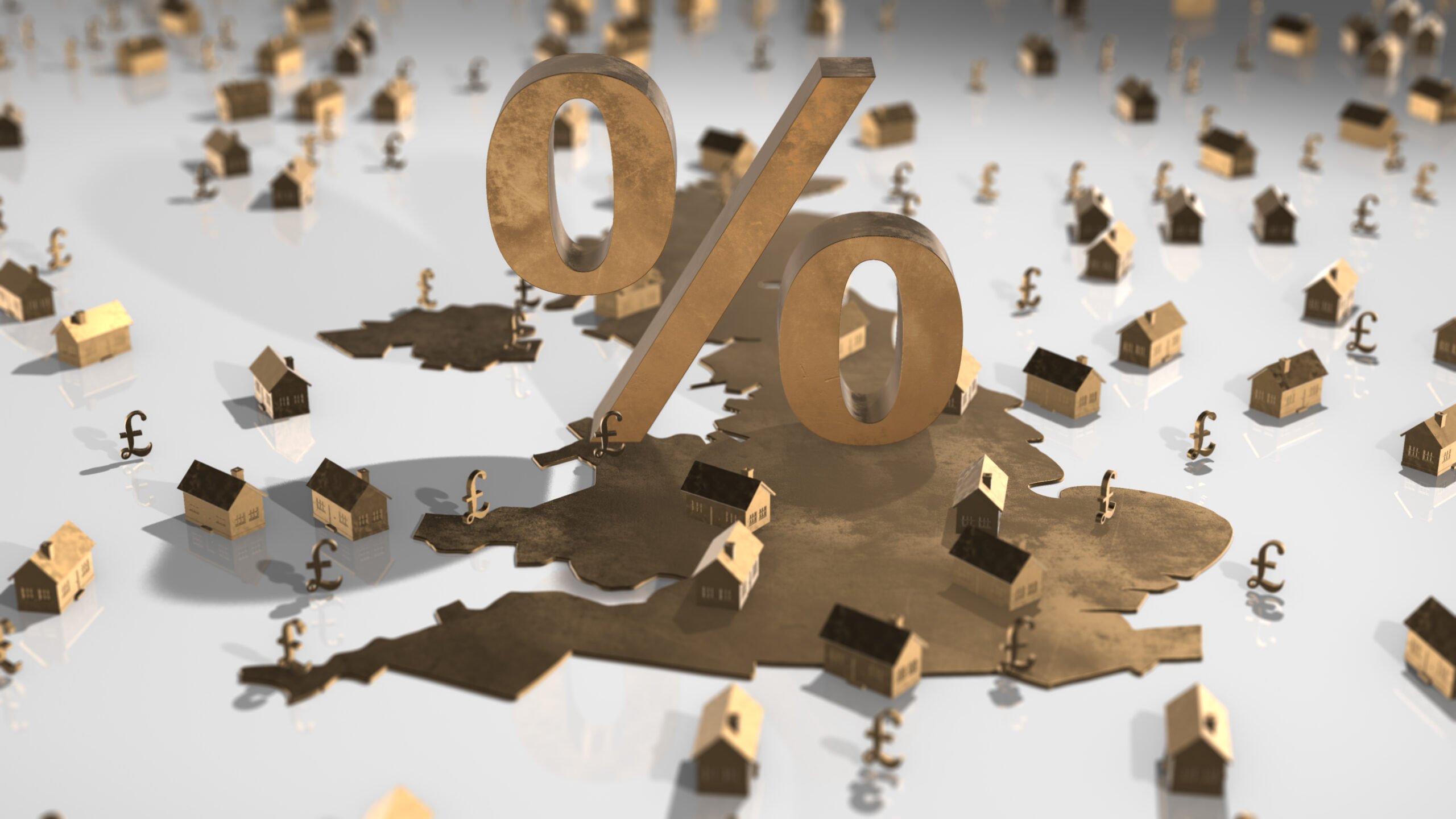Many agree that the Chancellor was right to introduce the stamp duty holiday in July 2020, but many also argue that the notion it needed to support the country’s economic recovery has not rung true for many months.
Would the housing market have been as strong over the last year without the stamp duty holiday? It is unlikely. March was a record month for transactions in the UK and over the year more money was spent in the housing market than since before the global financial crisis. The average price of a house in the UK during the holiday was £248,742, which is about 13% higher than before the pandemic began.
The demand in the housing market once the Chancellor announced the stamp duty holiday outpaced supply and led to above inflation house price increases. In many cases, people would argue that these increases have consumed the tax saving that was intended.
When did the stamp duty holiday end?
The stamp duty holiday officially ended on the 30th of September 2021, after being extended by 3-months. If you’re a first-time buyer, you are still exempt on paying stamp duty up to £300,000.
For everyone else, the threshold for paying stamp duty has returned to the rates before the pandemic. The amount due will depend on the value of the property you’re purchasing. However, the minimum amount is 2% on properties priced between £125,001 to £250,000.
What will happen next?
UK house price growth slowed down in September as many have commented that the looming end of the stamp duty holiday during September cooled the market. However, many economists believe prices are likely to be sustained in the coming year by continued low interest rates and constraints on supply from the lack of new housebuilding. Alternatively, the market could see an increase in people remortgaging as many might opt for lower interest rates.
In some cases where the transaction isn’t complete, buyers may now look to re-negotiate prices with their sellers. This may become more common as buyers will start to release the increased costs of buying a property as they now need to factor in stamp duty cost.
Many people have reflected on different aspects of their lives during the pandemic, including where they live. Couple this with the stamp duty holiday, many people have decided to move from city surroundings to the suburbs. People have realised they can work from home more and don’t need to live amongst the hustle and bustle of a city now. Therefore, we will see a lot more stock availability in built up areas, and less within the countryside or on the coast. Along with this, prices with remain high for properties within these locations.



